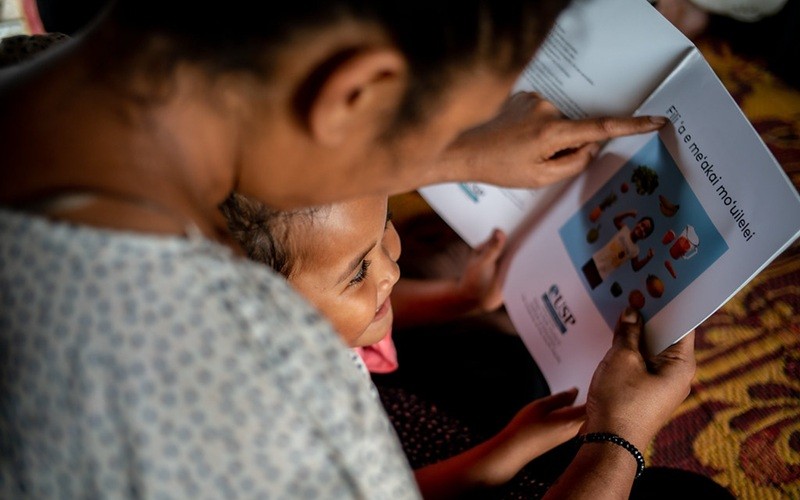
According to participants in a workshop recently organised by the Commonwealth of Learning (COL), the Tongan education system is adequately equipped to manage its needs and the demand for K-12 education in the country. Most school-age students across the archipelago can access schooling within easy reach. While there is no significant unmet demand, some areas need help. These include subjects with a substantial dropout rate and access to K-12 education in rural and remote areas outside of the main urban centres in the country, as well as underperformance within particular groups, such as boys.
The Tongan education system has already begun to address this deficit by establishing the Tu’uloa Open School (TOS), which opens access to learning opportunities for those who, for various reasons, have been unable to complete their schooling. The word Tu’uloa in the Tongan language refers to sustainability. It means continuously growing, nurturing, and sustaining a valued idea, practice, event, or memory in an enduring way. Regarding education, this translates to affording citizens, young and older, to complete their high school education, improve their livelihoods, and access subsequent learning opportunities at the tertiary levels.
The goals of the Tu’uloa Open School are four-fold and include building resilience, supporting out-of-school children with the Ako Tu’uloa Programme for out-of-school students, encouraging retention through the Truancy, Reconciliation and Enforcement Unit of the Ministry of Education and Training, and supporting post-school pathways by offering technical and vocational training and education opportunities.
Dr Tony Mays, Director: Education COL, observed that in the context of Tonga, open schooling provision is not going to be about achieving economies of scale but instead finding smaller, cost-efficient and cost-effective ways to expand open schooling provision, even to learners in the outer islands, by digitising the curriculum and offering limited online support. In addition, since the open school is managed by staff at the Tonga National University (TNU), supporting capacity building in ODL provision for TNU staff will benefit both future open schooling provision as well as future open higher education provision.
Image caption: This photo by the Asian Development Bank is licensed under CC BY-NC


